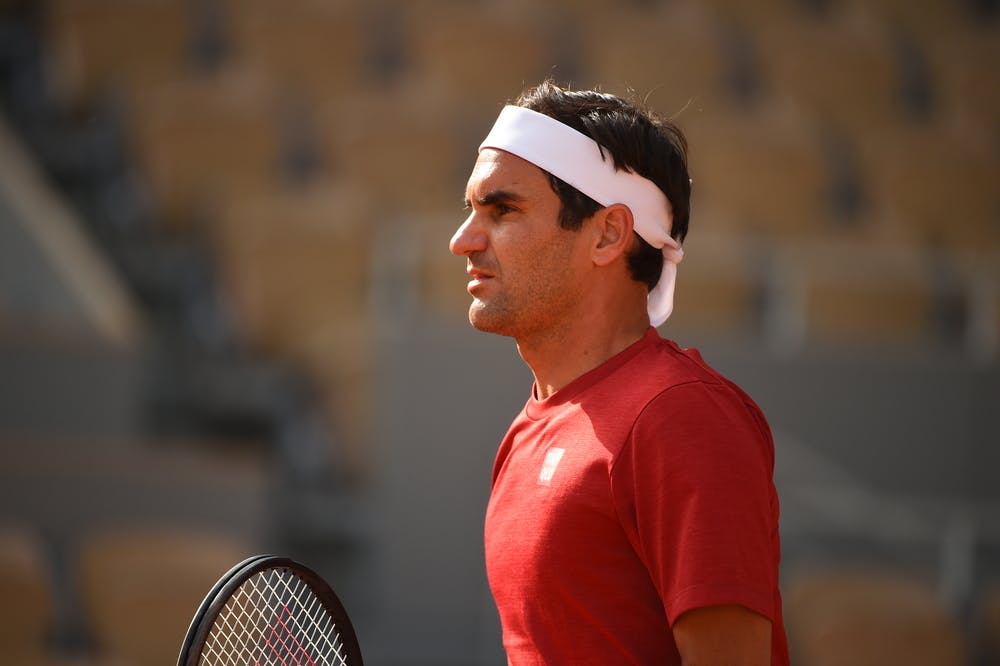“I think the moment I’m healthy or able to get matches under my belt, get used to being out on court, serving for hours, recovering, doing the same thing again, that will all just increase my confidence and then I believe I will be part of the top tier,” Federer said.
“One thing is for sure, that generation of Tsitsipases and Zverevs and Rublevs, the Medvedevs, have all again got better naturally because they have all got more experience.
“Dominic won a Slam in the meantime, Rafa and Novak are still where they are… For me that will be an extra challenge, extra hard for me to find that level, but I guess I knew from the get-go it was never going to be simple regardless of whether I was going to be out for three months or a year.”
 ROLAND-GARROS
18 May - 7 June 2026
ROLAND-GARROS
18 May - 7 June 2026



